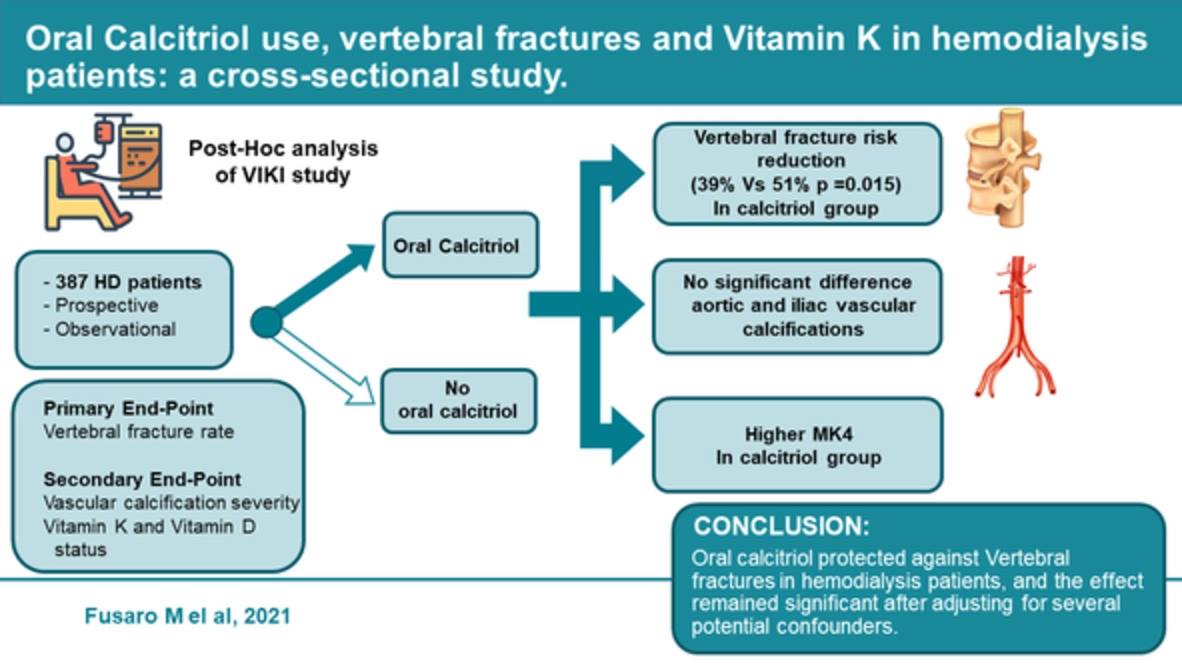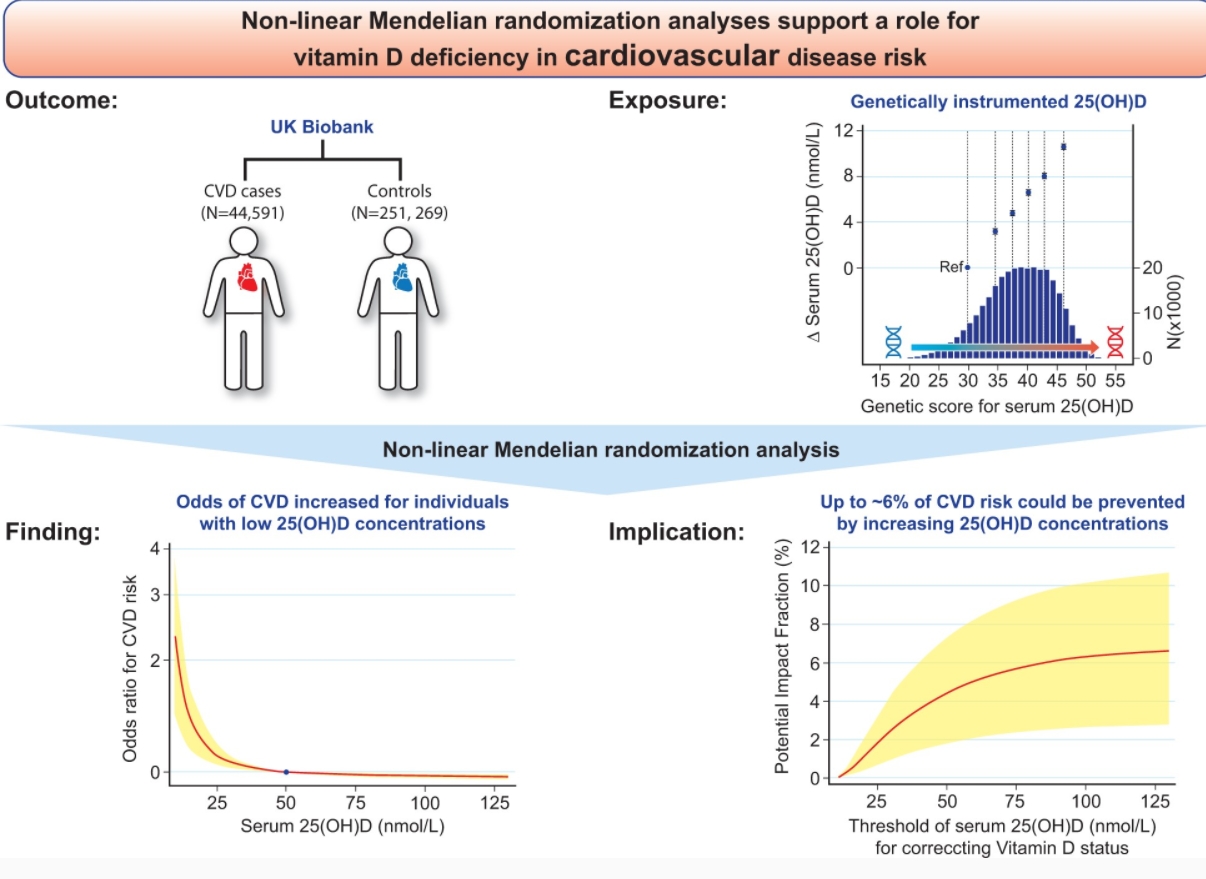Vitamin D association with the renin angiotensin system in polycystic ovary syndrome
Alexandra E.Butler The Journal of Steroid Biochemistry and Molecular Biology Volume 214, November 2021, 105965
Highlights
• Polycystic ovary syndrome (PCOS) is associated with Vitamin D deficiency.
• Vitamin D deficiency negatively modulates the renin-angiotensin system (RAS).
• RAS is overactivated in PCOS with increased renin and decreased angiotensinogen.
• PCOS: renin increased in vitamin D deficient/insufficient versus sufficient group.
• Controls: plasma ACE2 decreased from vitamin D insufficiency to deficiency.
Vitamin D deficiency is a negative endocrine renin-angiotensin system (RAS) modulator and PCOS women are often vitamin D deficient, leading to RAS overactivation in PCOS.
A cross-sectional study was performed in 99 PCOS and 68 control women who presented sequentially. Circulating plasma levels of RAS proteins (Angiotensin-converting enzyme 2 (ACE2), renin and angiotensinogen) were measured by Slow Off-rate Modified Aptamer (SOMA)-scan and 25-hydroxyvitamin D [25(OH)D] was measured by tandem mass spectroscopy.
The RAS system was found to be overactivated in the PCOS women compared to non-PCOS control women with increased renin and decreased angiotensinogen (p < 0.05); 25-hydroxyvitamin D was also significantly lower in the PCOS group (p < 0.0001). In PCOS women, plasma renin was increased in vitamin D deficient and insufficient groups compared with the vitamin D sufficient group (p < 0.005), but did not differ across non-PCOS control subgroups. In non-PCOS controls, plasma ACE2 decreased from vitamin D insufficiency to deficiency (p < 0.05). Angiotensinogen was not different across the vitamin D sufficiency, insufficiency and deficiency strata for either PCOS or non-PCOS controls.
These data show that RAS activation through increased plasma renin levels was seen in vitamin D insufficient and deficient PCOS subjects compared to non-PCOS control women. In addition, decreased plasma ACE2 levels were seen in vitamin D deficiency in non-PCOS controls, which may predispose these vitamin D deficient subjects to increased cardiovascular risk and susceptibility to infectious agents such as COVID-19 where this is a risk factor.















